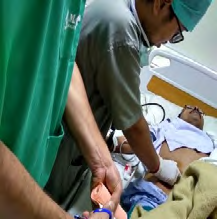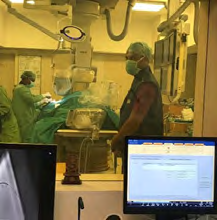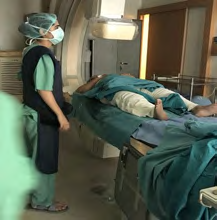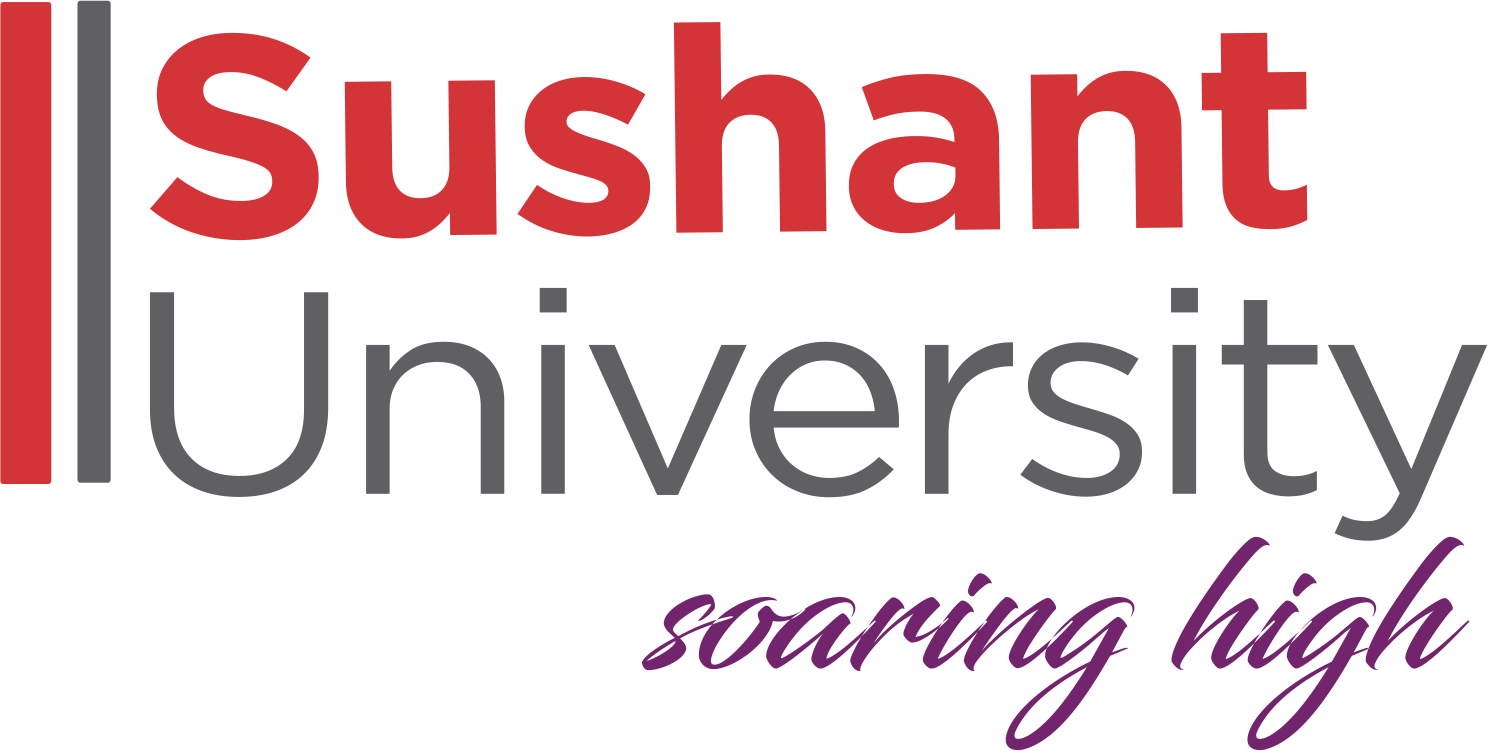Bachelor of Cardiovascular Technology
PROGRAM CONTENT
To prepare and train the students for working as a Cardiovascular Technologist in Healthcare Institutions where they will manage the machines and care for patients who are suffering from cardiovascular problems.
ABOUT THE COURSE
As the population ages, and due to life style changes, disorders increasing and more people are developing the complications of the heart and other systems. These heart disorders and other problems becoming the leading cause of death.
Thankfully, due to advances in medical technology, coupled with greater awareness of the signs and symptoms of cardiovascular disease, heart conditions can now be detected much earlier than ever before. Current management of various cardiac disorders includes the application of complex diagnostic and therapeutic procedures, which involve the use of various equipment, computer hardware, tools, machines, and pharmacological agents.
Optimal delivery of cardiovascular healthcare is based on the safe use of the equipment and devices, due to this increase in usage of cardiovascular technologies, there is a greater demand for technologists and technicians trained in a cardiovascular technology programs to perform these procedures.
This program educates and prepares the students to become either an Invasive or a Non-Invasive Cardiovascular Specialist known as a Cardiovascular Technologist (CVT).
The Invasive Cardiovascular Specialist is a healthcare professional who is an integral member of the cardiac catheterization and electrophysiology laboratory teams. The CVT’s primary role is to perform, at the direction of a qualified physician, technical procedures for the diagnosis and treatment of cardiovascular injury and disease.
The Non-Invasive Cardiovascular Specialist is a healthcare professional who practices at the
Cardio OPD and performs diagnostic tests such as Electrocardiography, Echocardiography and Treadmill Test among others, and on patients who are admitted for various cardiovascular diseases related symptoms or problems.
DURATION
4 years including 1 year of clinical internship
ELIGIBILITY
12th Science. The candidate must have passed 10+2, or equivalent with Physics,
Chemistry, English and Biology with a minimum of 50% marks
SCOPE
Upon graduation, positions are available in:
• Diagnostic and interventional cardiac catheterization labs (as a technologist)
• Acute care (in emergency and casualties in private and government sectors for ECG,
Echocardiography, angioplasties, angiographies, TMT and Holter)
• Outpatient facilities (Out-Patient Care Centers collaborated with cardiologists)
• Privately-owned clinics (in collaboration with cardiologists)
• Research and academics
PROGRAM HIGHLIGHTS
The students are taught by the following methods:
- Tutorials
- Audio-visual Lectures
- Seminars
- Case Discussion
- Case presentations
- Continuous Medical Educations
- Practical Exposure in the various hospitals like MAX Healthcare, Paras Hospital, Medanta Medicity, etc.
- Workshops
- Hand’s on practices
- Anatomy labs
- Webinars
- Health Camps, etc














